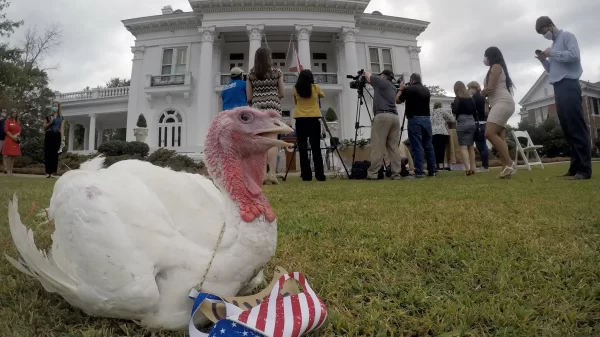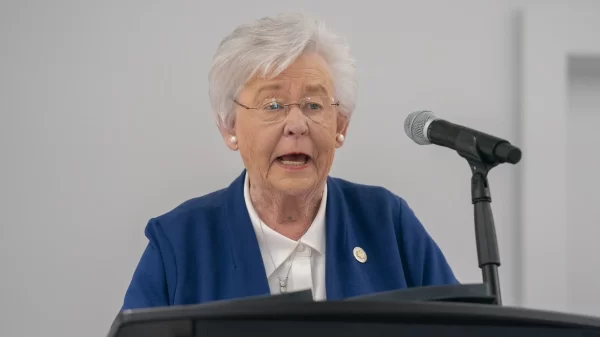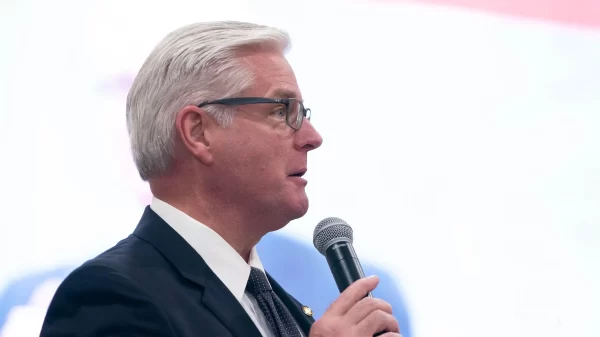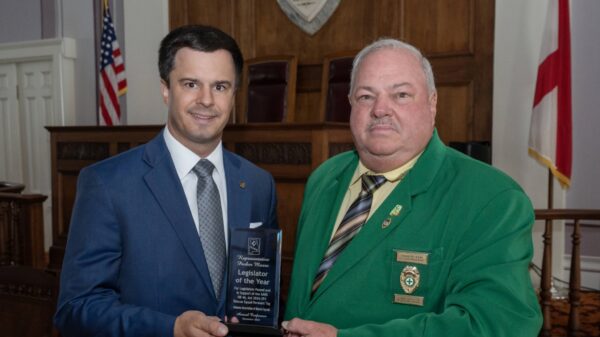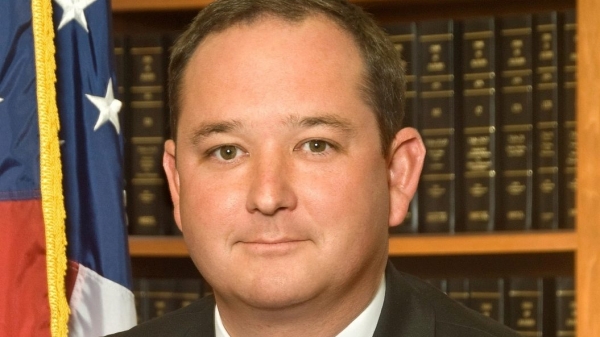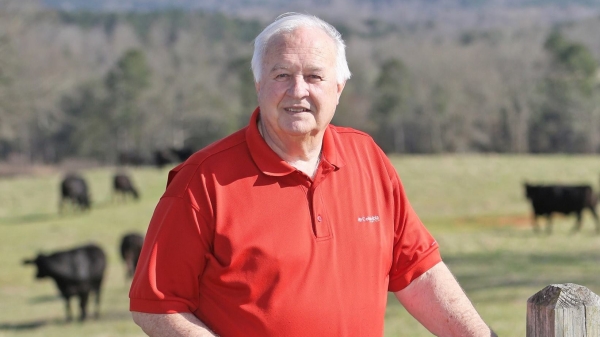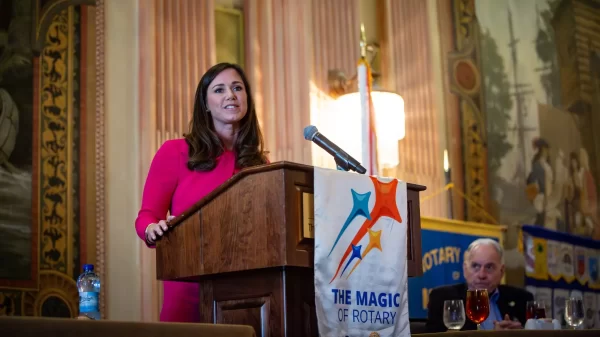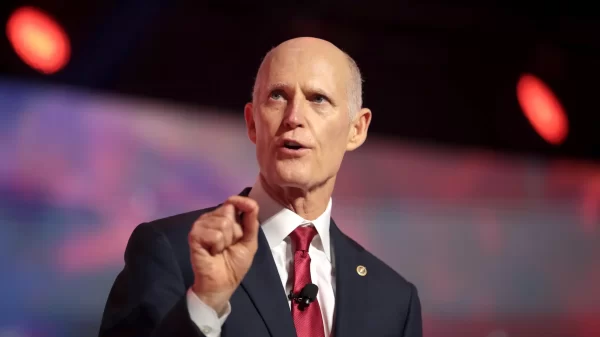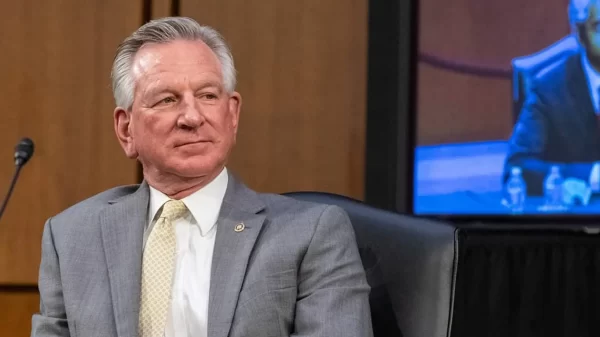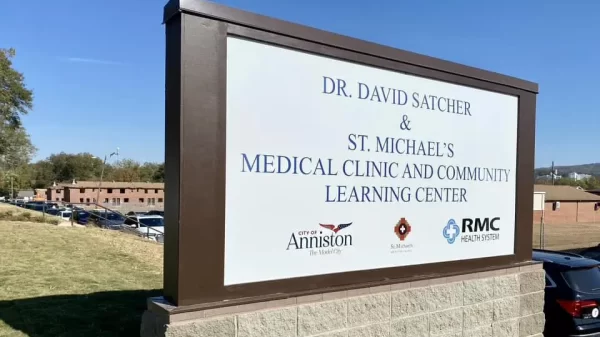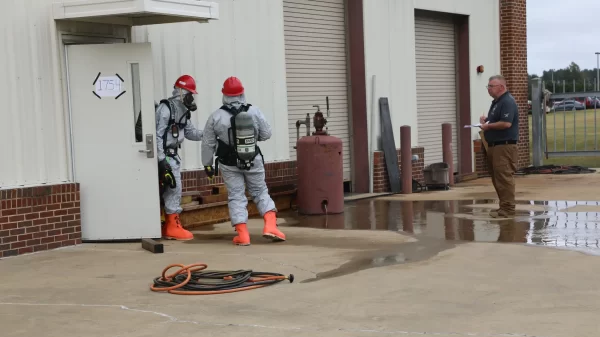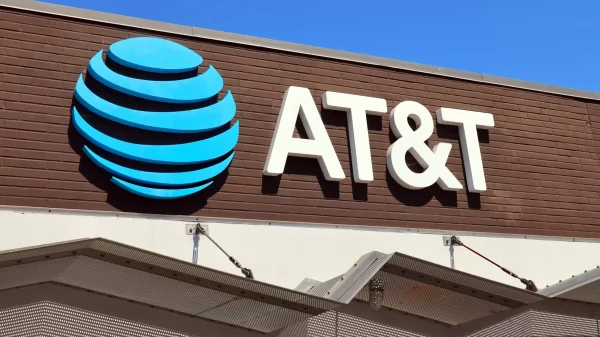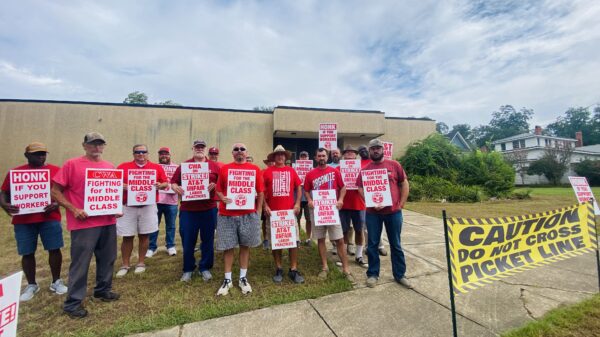By Bill Britt
Alabama Political Reporter
Recently, the Alabama First Responders Wireless Commission voted to recommend that Alabama opt-in to a first responders’ wireless network provided by AT&T. But there may be a problem. AT&T’s man on the ground in Alabama is the former executive director of the Alabama Law Enforcement Agency.
Former ALEA Executive Director, Ryan Burchnell – after leaving the law enforcement agency in May of this year – took a position with AT&T as lead Market Development manager for AT&T’s FirstNet.
“FirstNet is an independent authority within the U.S. Department of Commerce. Authorized by Congress in 2012, its mission is to develop, build and operate the nationwide, broadband network that equips first responders to save lives and protect U.S. communities,” according to its official website.
Burchnell’s Linkedin profile says he, “Served as Executive Director of Alabama’s state police organization that included over 1,400 employees and operated on a $200+ million annual budget.”
It also states that as ALEA’s executive director, Burchnell, “Served as the State of Alabama’s FirstNet Single Point of Contact.”
Given when Burchnell left government service in May and joined AT&T in June, he is still under the two-year prohibition of the state’s ethics code revolving door provision.
In August, the ethics commission released advisory opinion 2017-07, in which it reaffirmed the state’s revolving door statute. In this case, former Acting Finance Director Bill Newton asked for an exception to the law to “aid, counsel, advise, consult or assist” companies with business before the state. The commission found he could “aid, counsel, advise, consult or assist, in matters in which he did not participate personally and substantially as a public official or public employee and which was not within or under his official responsibility as a public official or public employee.” However, it expressly forbid participating in any contacts or matters with which he had direct involvement as acting finance chief.
In September 2016, the state became the second to issue an RFP for an alternative to FirstNet’s public-safety broadband network for the state. Responses were due – after an extension – on January 31. Alabama has said it received three bids, but no award has been made at this time.
With the wireless commission’s recommendation Burchnell’s participation and the possible ramifications under the ethics law, could be problematic.






